Exposure to guest lectures and research seminars by expert speakers is a key aspect of learning on the HSC BA Sociology & Social Policy programme. A diverse group of our level I students undertaking the unit ‘History of Social Welfare’ were very privileged to be able to witness a session led by Professor Otto Hutter, former Regius Professor of Physiology at the University of Glasgow and Mrs Josephine Jackson on the Kindertransport Movement. This ran between 1938 and 1940, halting from Germany to Britain at the outbreak of war in 1939. The final Transport ship carrying the children set sail from Holland to Britain in May 1940 following which the Dutch army was forced to surrender to the Third Reich.
Mrs Jackson, who is a regular public speaker on the Holocaust and especially the Kindertransport, provided the context for the session by informing the audience of how Stanley Baldwin, the former Prime Minister, had made an impassioned appeal on radio for public aid on the 8th Dec 1938, in the wake of the infamous Kristallnacht pogrom that had just taken place a month earlier in Germany. Over £522,000 was raised in answer to the call from the concerned, ecumenical British public.
Urged on by involved individuals and welfare organisations, Neville Chamberlain’s Government agreed to allow an unspecified number of unaccompanied refugee children into the country under private sponsorship of £50 per child (about 1/10 the price of an average house!), and through the ministration of 175 committees, until such time came when they could be rejoined with their families in Europe. For the greatest majority such a moment never came as their families perished; but in the meantime as their parents had intended, the children survived and many flourished under the patronage of this country.
The students were profoundly moved to hear the personal account offered by 89-year-old Professor Hutter, who, as 14-year-old boy, was one of the first children to arrive in Britain on the Kindertransport. He was eventually taken under the wing of his sponsors, Mr and Mrs Blacksill and their three children, and soon after excelled at the public school, Bishop’s Stortford College, as public schools also rose to the challenge of taking in refugee children on a scholarship basis.
The most moving verbatim extract taken from this very modest and venerable, aged academic, is taken from his account recollecting the last time he would ever see his ex-army officer father as Otto departed Vienna for good: ‘To me as a heedless youngster, it was all a great adventure. I was anxious to go. The thought I would never see my parents again, never crossed my mind. My father who saw the future more clearly, held me back to bestow his blessing. When I bless my children, grandchildren, my great-grandchildren, as is the Jewish custom, I still think of his blessing.’
In this present anti-Europe, anti-immigration political climate, inflamed by similar austerity measures to 1930s Europe, it is important to remind ourselves of some of the key lessons that the Kindertransport Movement initiative provided. Firstly, that it was Britain alone, of those countries fighting in the Second World War that remained unoccupied in Europe, and rose with remarkable swiftness to rescue refugee children en masse and thus secured their safety from Nazi oppression (where one should add that Dorset played no small part in that mission). That while 10,000 refugee children were rescued before this vital escape route was closed by war, 90% (1.5m) of Jewish European children would ultimately perish in the Holocaust. In this day of anti-immigration xenophobia, it is also very important to remember what gifts and talents these refugees would bring to their host country. The fact that the Kindertransport Movement brought two future Nobel prize winners to Britain, is merely a symbol of the less celebrated but greatly valued achievements of other refugees that were welcomed here.
Dr Sara Ashencaen Crabtree and Professor Jonathan Parker

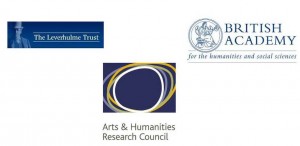 Working on a variety of initiatives in R&KEO over the years, one element of development which we receive consistently excellent feedback, is the events we arrange where funders to come to BU and present their organisations funding priorities and advice on making an application. We have arranged for several funders to visit BU in 2014, and are advertising the first three in order for you to block out time in your diary now!
Working on a variety of initiatives in R&KEO over the years, one element of development which we receive consistently excellent feedback, is the events we arrange where funders to come to BU and present their organisations funding priorities and advice on making an application. We have arranged for several funders to visit BU in 2014, and are advertising the first three in order for you to block out time in your diary now!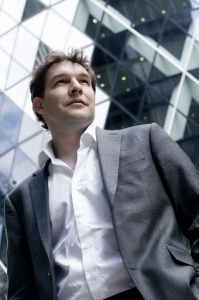
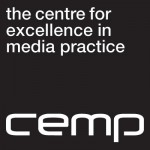
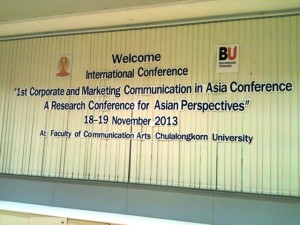





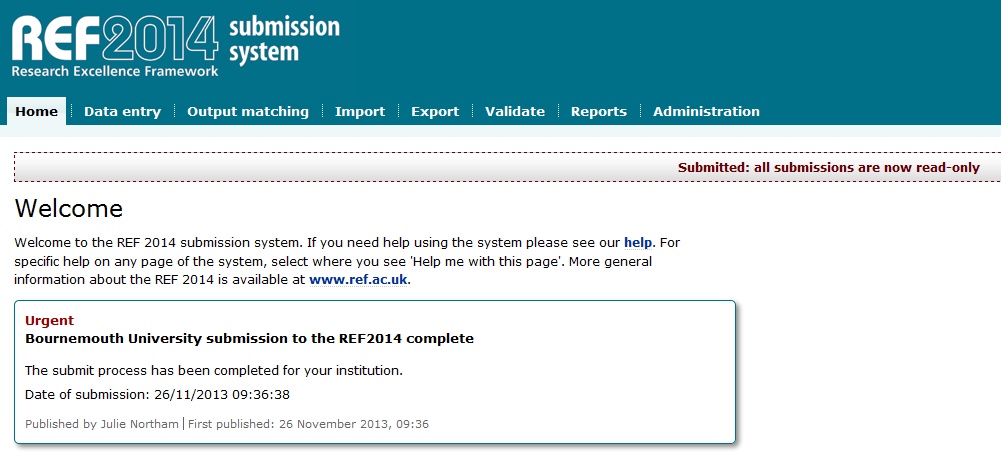

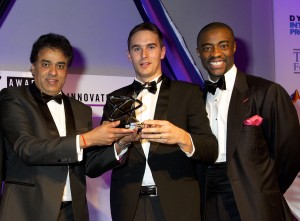


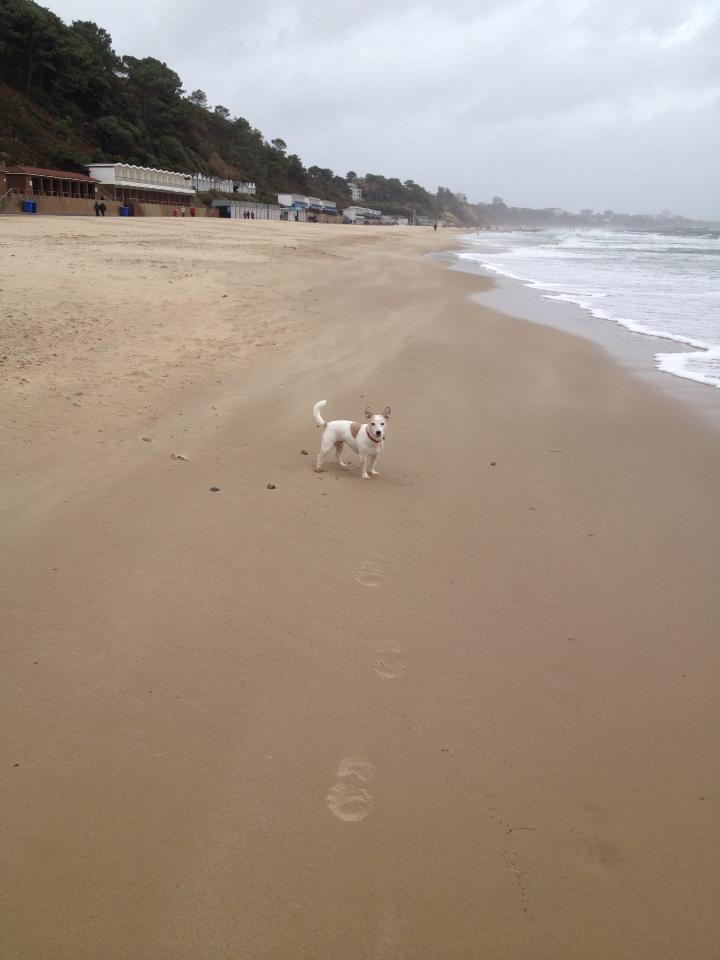
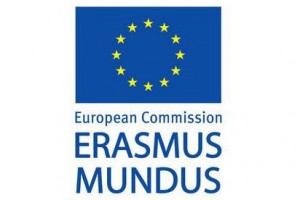














 Dr. Ashraf cited on ‘Modest Fashion’ in The Guardian
Dr. Ashraf cited on ‘Modest Fashion’ in The Guardian NIHR-funded research launches website
NIHR-funded research launches website Academics write for newspaper in Nepal
Academics write for newspaper in Nepal New paper published on disability in women & girls
New paper published on disability in women & girls Global Consortium for Public Health Research 2025
Global Consortium for Public Health Research 2025 MSCA Postdoctoral Fellowships 2025 Call
MSCA Postdoctoral Fellowships 2025 Call ERC Advanced Grant 2025 Webinar
ERC Advanced Grant 2025 Webinar Horizon Europe Work Programme 2025 Published
Horizon Europe Work Programme 2025 Published Horizon Europe 2025 Work Programme pre-Published
Horizon Europe 2025 Work Programme pre-Published Update on UKRO services
Update on UKRO services European research project exploring use of ‘virtual twins’ to better manage metabolic associated fatty liver disease
European research project exploring use of ‘virtual twins’ to better manage metabolic associated fatty liver disease